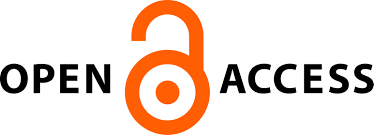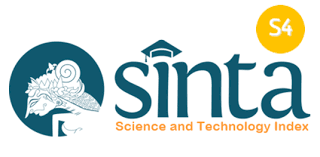PREDICTION OF RURAL WATER SUPPLY SYSTEM SUSTAINABILITY USING A MATHEMATICAL MODEL
Main Article Content
Abstract
One of Millennium Development Goals (MDGs) targets is halving the proportion of people without access to safe drinking water and basic sanitation facilities in 2015. Government of Indonesia will develop water services in the future, particularly for rural poor communities, to achieve the target. It is expected that developed water supply systems for the poor in the future are sustainable. However, it is difficult to ensure the success of the developed systems. In order to know the success or failure of the developed systems, a tool to predict sustainability of water supply system in the future is needed. Study on rural water supply systems sustainability using a mathematical model has resulted in prediction of the sustainability. The model is obtained from data analysis of rural water supply systems in Brantas River Basin, East Java, Indonesia using the structural equation modeling (SEM). The data were quantitative and qualitative ones that consist of physical condition of region, social economic, water supply management, as well as water quality. Results of the study are mathematical equation of sustainability model, level of sustainability, and recommended methodology for decision-making of rural water supply projects. This model needs nine data input, they are availability of water sources, selection of technology, investment cost, technical operation, institutional management, existence and ability of operator, availability of spare parts, operation cost, and community participation. The prediction produces sustainability index that can be classified into three levels, they are low sustainability (index = 0.052 to 1.320), moderate sustainability (index = 1.321 to 1.914), and high sustainability (index = 1.915 to 2.507).
Downloads
Article Details
Submission of a manuscript to Jurnal Purifikasi means that the work has never been published in another journal and is not under consideration for publication elsewhere. The author hereby agrees to submit the copyright of the manuscript and its contents to Jurnal Purifikasi, if accepted for publication. Accepted manuscripts will be published in printed form where the ISSN is bound in printed form, not in online form (pdf). Authors are not allowed to publish their work in other forms (journals) without permission from the Jurnal Purifikasi manager.
By submitting a manuscript, the author is deemed to know all the rights and obligations attached to each manuscript.








